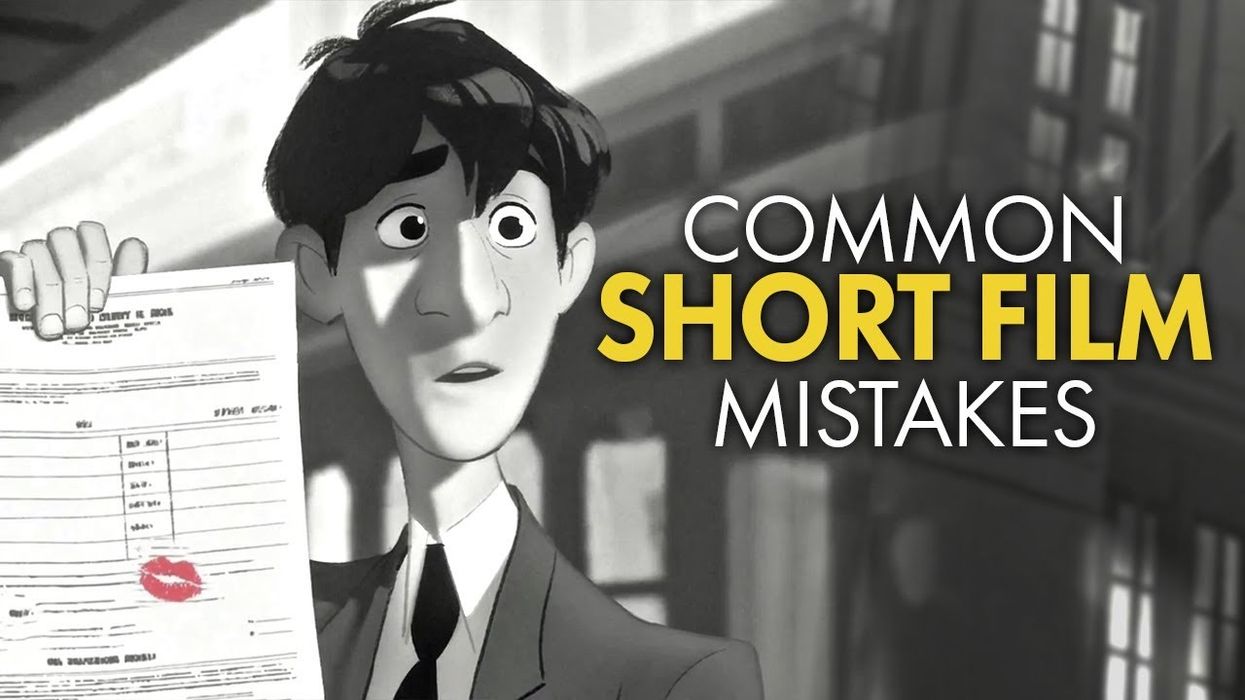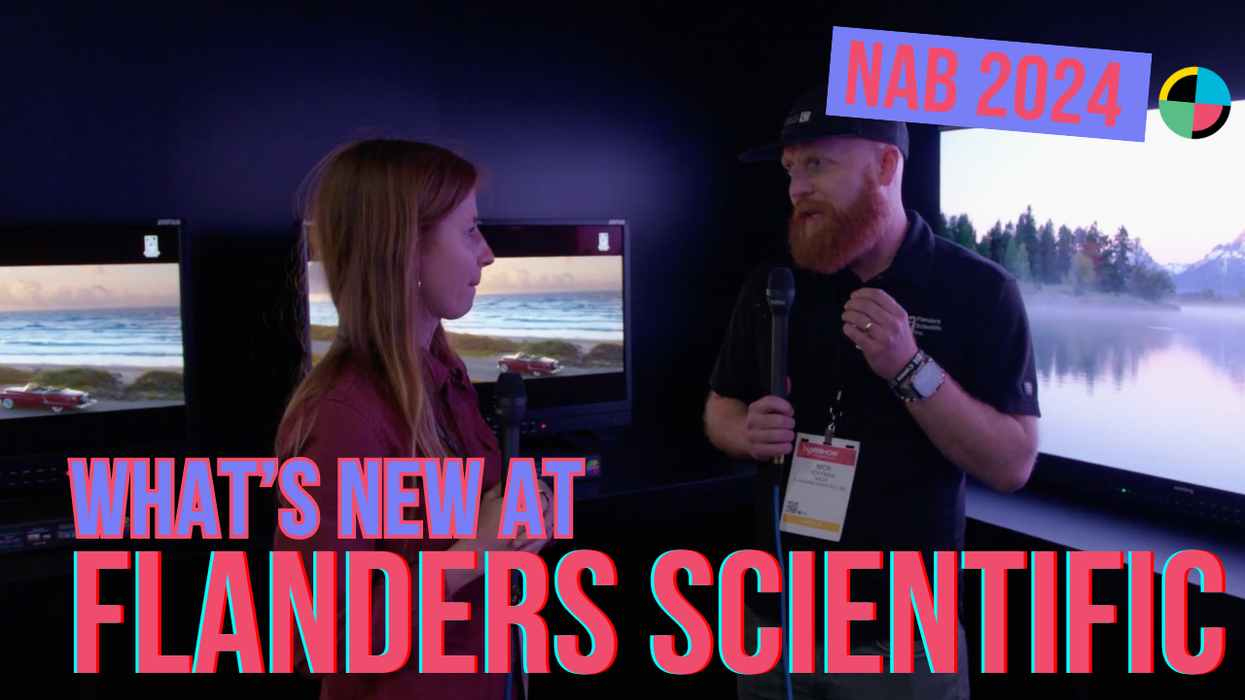Why Everyone Hates Your Short (Or Awkwardly Pretends They Haven’t Seen It)
Being short doesn’t make them easy. Here are five classic mistakes that could be ruining your short film, and how to fix them.

You share your short film with your nearest and dearest, giddily sending out password-protected links and waiting for your inbox to overflow with feedback.
What do you get instead? “Interesting.” Or worse, “It looked cool.” Worst of all, radio silence, followed by prompting and some version of, “I haven’t watched it yet.”
To be fair, that last one might actually be true, because everybody is overloaded with screentime these days. But it’s also one of those things people will say instead of what they really think: your short film stinks.
That’s actually a little harsh, because filmmakers should stop shelving films into “good” or “bad.” But for the sake of this article and making your short films better, script whisperer and resident Youtube babyface Tyler Mowery has a few things in mind to help. Watch his video and read our breakdown below.
1) No philosophical conflict
As Mowery points out, this is the backbone of great storytelling! But all too often, short filmmakers think that because it's so short, they might be able to do without. Wrong!
Mowery reminds us that if your character has no philosophical beliefs, and therefore conflicts, the story will fall flat.
How to solve? Go back to the basics. Create a “viewpoint versus viewpoint conflict” for your story.
A guy walking sadly through a park all day? Flat. A sad astrophysicist whose biggest joy is heckling a Flat Earther on a soapbox in the park? I'd watch that.
2) Characters who have no wants or goals
Similar to a clear philosophical worldview, a character who wants something is the core of story momentum!
As Mowery points out, you can’t empathize with the character if you don’t know what they want.
How to solve? Clearly describe the wants, then clearly describe the obstacles to those wants.
The result? Drive!
3) Exposition for 90% of the story followed by a twist at the end
Hilarious but true! Somewhere in the history of film school, a certain Cartesian logic was announced: “Twists are the best way to end a short film, and the best short film ends with a twist.”
Sure, twists can be cool. But honestly, planning an entire short film around a twist just ain’t what it’s all about. As Mowery points out, the audience will not care about an interesting reveal or twist if they are not first interested in the story.
How to solve? For goodness sake, don’t wait until the end of your film to have the character do something interesting. That should happen in the first frame.
In other words, use dramatic story structure.
Like this story circle Mowery shares.
4) Action happening off-story
Sure, for budgetary constraints, that elaborate Soviet Gulag scene might have to be referenced in exposition instead of an elaborate recreation. But it can be really frustrating if your film is constantly faking you out by not showing you the meat and potatoes of your story. When you just talk about what should have been the actual action of the story, you’re pulling the rug out from that action.
As Mowery says, when nothing changes in either space (flashback space, current space) there is no narrative drive.
How to solve? Seems easy enough. Show, don’t tell.
Show the audience the events the characters are talking about, then add dramatic structure.
5) Montages
Even in feature films, montages can go south quickly. (But not in Palm Springs. That is probably the coolest montage edited in recent times.)
Why do montages fail us, and why do we keep using them?
As Mowery sees it, a montage is usually a filmmaker trying to fill in more information than could be allowed in a short film. An “exposition dump,” as he and many others call it. Most montages are used as a lazy way to give the audience information. And worse, that information is usually not being used to “attack the characters.” It’s unmotivated, and therefore, uncool.
How to solve?
Mowery suggests working on the skill of telling a story in a short amount of time without easy outs!
In other words, don’t do montages if you don't have a damn good reason.
Have you made any of these mistakes? I know I have. Hindsight is 2020!
Feel free to share your experiences in the comments if you've made some short film blunders, and tell us what you learned.
Source: Tyler Mowery





 No Film School's coverage of
No Film School's coverage of 









